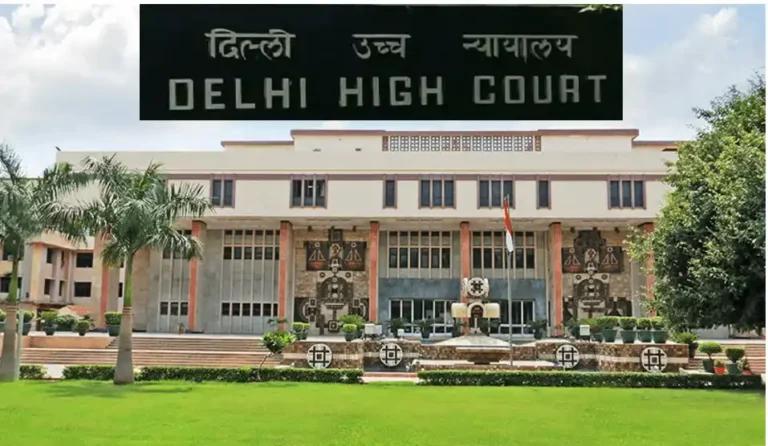The Delhi High Court has clarified that serving the grounds of arrest to an accused as part of a remand application presented before a Magistrate does not meet the legal requirement.
Justice Anup Jairam Bhambhani held that the grounds of arrest must exist before an arrest is made, and a contemporaneous record should be maintained in the police diary or other legal documents.
The Court observed that there is no justification for an investigating officer to fail to communicate the grounds of arrest to the accused in writing at the time of the arrest.
"This communication must happen simultaneously with the issuance, or as part, of the arrest memo. The purported mode of serving grounds of arrest as part of a remand application is therefore no compliance with the requirements of the law, since, inevitably, a remand application comes to be filed only much later when an arrestee is produced before the Magistrate."
Read also:Service Charge Is Voluntary, Cannot Be Made Compulsory on Food Bills: Delhi High Court
Understanding Arrest & Custody
The Court also clarified that merely arriving at a police station does not mean a person is under arrest.
- It depends on the facts of each case whether a person’s liberty was restrained at the police station.
- The time and stage of placing someone under custody must be determined based on evidence.
Case Background & Relief to Accused
The Court granted relief to an accused in a cheating case, where:
- His interim bail was made absolute by the ACMM (Additional Chief Metropolitan Magistrate).
- However, his regular bail was later canceled by the Sessions Court.
Charges Against the Accused
- The accused allegedly helped an Afghan national emigrate to Spain using a fraudulent Indian passport, Aadhaar Card, and PAN Card in exchange for money.
- He was not named in the FIR but was arrested after police interrogation under a notice issued under Section 41A of the CrPC.
Legal Developments
- The Magistrate rejected the police’s remand application and granted him interim bail.
- The bail was extended multiple times and later made absolute.
- The prosecution then filed a revision petition before the Sessions Court, which canceled his bail.
Maintainability of Revision Petition
The Delhi High Court ruled that the Sessions Court’s revision petition was maintainable, stating:
"Orders declining police custody remand are not interlocutory orders and are amenable to the revisional jurisdiction of the Sessions Court."
Issue with Section 41A CrPC Notice
The Court criticized the investigating officer’s practice of printing multiple copies of a Section 41A CrPC notice, stating that it does not fulfill the legal requirement.
"This court would also observe that a carbon copy (which is part of an indexed, serialized booklet) carries a certain authenticity, which was the reason for the procedure prescribed in Amandeep Singh Johar, which procedure must be scrupulously complied with."
The Court emphasized that the procedure established in the Amandeep Singh Johar case must be followed strictly.
Failure to Serve Grounds of Arrest & Court’s Final Decision
The Court observed that the grounds of arrest were never served to the accused at any stage, in any form, or document.
"This failure vitiates the entire arrest process."
Accordingly, the Delhi High Court set aside the order canceling the bail and restored the interim bail order.
The Court held that the accused is entitled to remain on bail as granted by the ACMM Court.
Title: VIKAS CHAWLA @ VICKY v. THE STATE NCT OF DELHI













